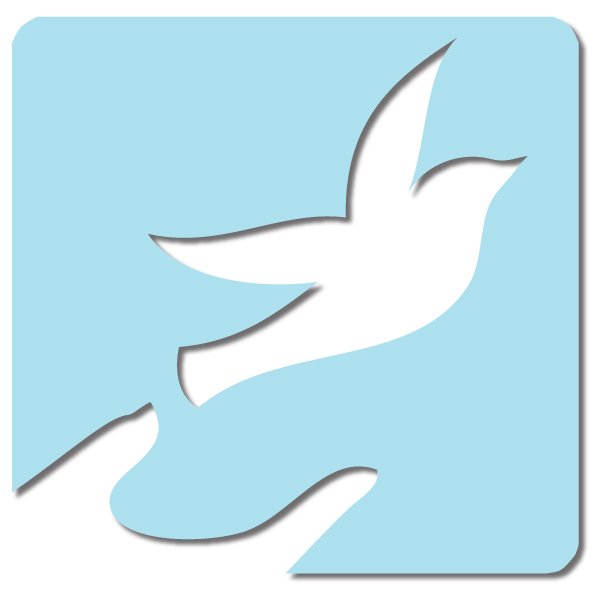Why do we have peer review? As wildlife rehabilitation is a fairly new profession, the credibility of the field and the work of wildlife rehabilitators are constantly questioned. IWRC’s courses are science-based with live classroom courses and online training options to choose from. In order to meet minimum knowledge standards, IWRC’s courses, journals and books are peer-reviewed and developed by professionals from different aspects of wildlife rehabilitation and medicine. These resources are both single- or double-blind reviewed and addressed to a scientific audience as well as individuals who are not from a science-based background. However, webinars and web content are reviewed...
This website uses cookies so that we can provide you with the best user experience possible. Cookie information is stored in your browser and performs functions such as recognising you when you return to our website and helping our team to understand which sections of the website you find most interesting and useful.


